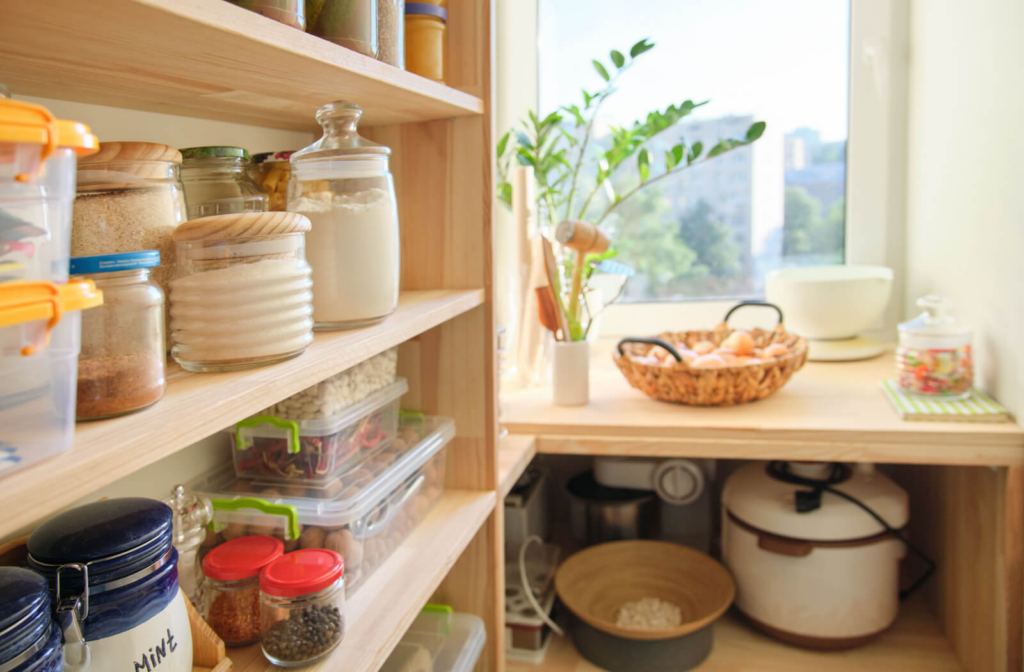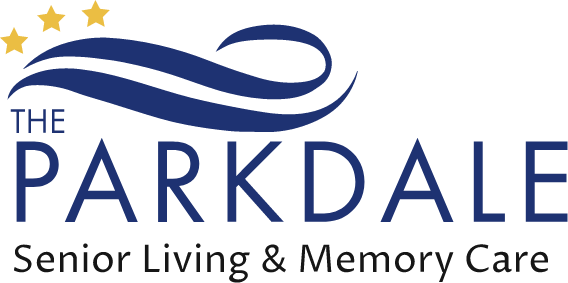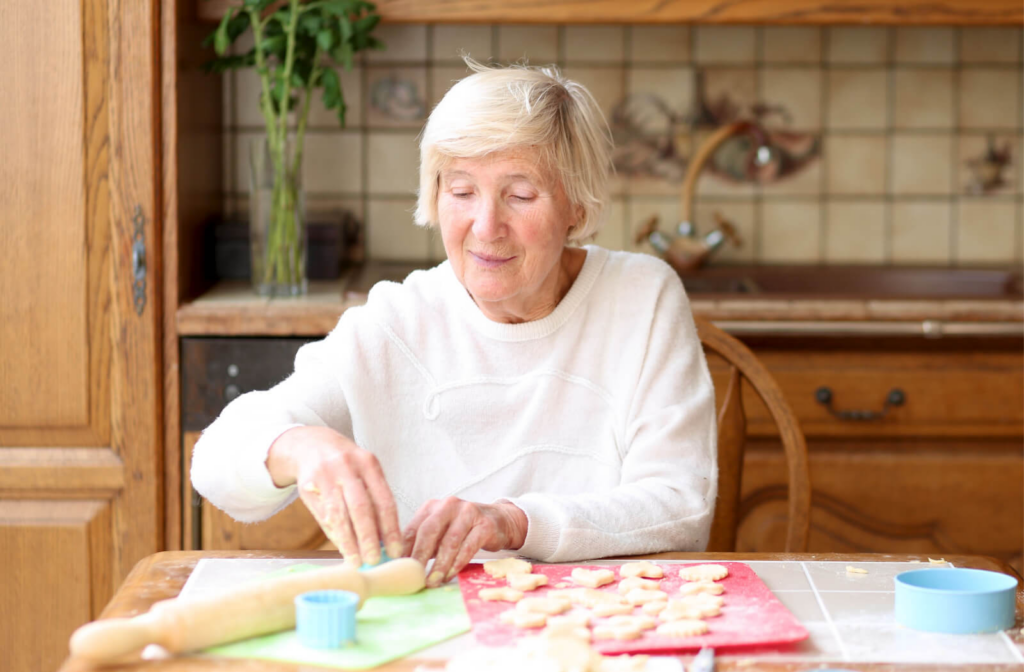The kitchen is a hub of activity in most households. From preparing meals to enjoying family time, it’s a space that gets a lot of use.
However, it can also be a hazardous space, leading to falls. Falls in the kitchen can result in serious injuries, especially in older adults, and can impact their independence and mobility.
Senior living communities have different lifestyle options to help older adults maintain their independence while balancing care and support.
You can prevent or minimize falls in the kitchen by making simple changes to your space, such as removing hazards and making cooking tools easily accessible.
Here are some tips for preventing falls in the kitchen.
Why Are Falls Common for Older Adults?
Falls are a significant concern for older adults. More than 1 in 4 people 65 or older fall yearly, according to the National Institute on Aging. There are several reasons why falls are more common in older adults:
- Poor eyesight, hearing, and reflexes
- Medical conditions affecting your balance
- Rushing movements
- Mild cognitive impairment or certain types of dementia
- Age-related loss of muscle mass
- Foot problems and unsafe footwear
- Medications causing side effects such as dizziness or confusion
- Safety hazards in the home

Steps to Prevent Falls in the Kitchen
As you age, fall prevention is essential to consider. Instead of moving around your home and kitchen with a fear of falling, fall prevention strategies can help you live more independently and comfortably.
You can make the following simple changes to reduce your risk of falls and help you safely move around your kitchen:
Food Preparation
Keep frequently used pots, pans, and kitchen utensils in a place where they are easy to reach.
Store food at easy-to-reach, waist-high or lower shelves. Prepare food while seated to prevent fatigue or loss of balance.
Safety Hazards
Remove throw rugs or secure loose ones, as these can slide or be a tripping hazard causing you to lose your footing. You can do this with non-slip backing or double-sided tape.
Immediately clean up spills, such as any liquid, grease, or food on the floor. Use a paper towel or cloth to wipe up spills on counters or floors, and use a mop or wet vacuum for larger spills. Also, make sure to dry the area thoroughly afterward to prevent slipping.
Use only a stepstool with an attached handrail or bar to hold on to for support. A sturdy step stool with a wide base and non-slip treads is a good choice.
Other tips to avoid hazards include:
- Repair loose flooring.
- Use nonskid floor wax.
- Clear the clutter on kitchen floors to make your kitchen safer and prevent tripping hazards.
- Be mindful of electrical cords and keep them out of walkways.
- Wear proper footwear. Avoid wearing socks or shoes with slippery soles, as these can make it easy to slip on spills or slick surfaces. Instead, opt for shoes with non-slip soles.
- Install proper or adequate lighting in kitchen work areas and walkways. Also, ensure light switches are within easy reach and consider installing motion-sensing lights in a pantry.
What to Do When You Fall?
Falling can be a scary and disorienting experience, especially for older adults who may be more vulnerable to injuries. If you do fall, here are some steps you can take to stay safe and minimize the risk of further injury:
Breathe & Stay Calm
Avoid panicking by taking a few deep breaths to overcome the shock and assess your situation.
Check for Injuries
Firstly, check for injuries and severity before getting up. Getting up too fast or in the wrong way can cause more harm.
Move Carefully
If you can move, do so carefully and slowly. Avoid putting weight on injured parts to get to a sturdy chair or piece of furniture.
Call for Help
If you can’t move or are experiencing severe pain or bleeding and no one is around, call for help. It’s a good idea to keep a charged cordless or mobile phone with you or be in daily contact with family or friends. Another option is an emergency response system where you push a button to call for help.
Seek Medical Attention
Even if you do not appear to have any injuries, seek medical attention after a fall, as some injuries may not be immediately apparent.
Providing the Support You Need
Falling can happen to anyone. Preventing falls in the kitchen is essential for maintaining a safe and enjoyable living space.
This may include modifying your home environment to reduce hazards, using assistive devices such as canes or walkers, or working with your healthcare provider to address any underlying health issues that may increase your risk of falls.
You can worry less with a personalized approach to senior living at The Parkdale. Schedule a visit to learn more about the care and support you can receive in our community.



